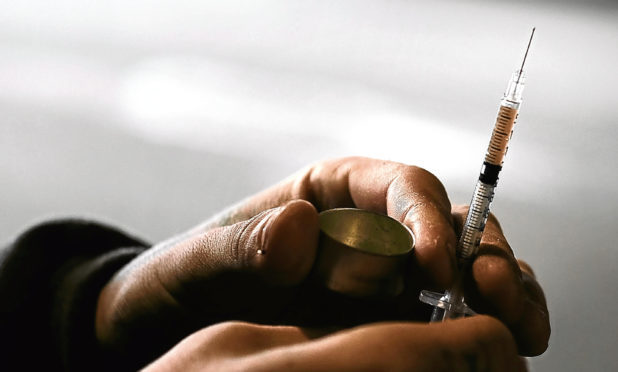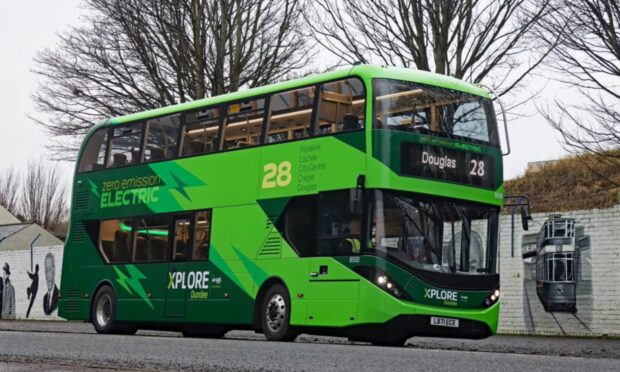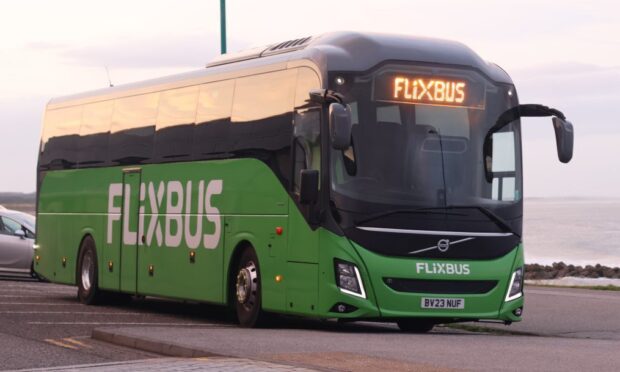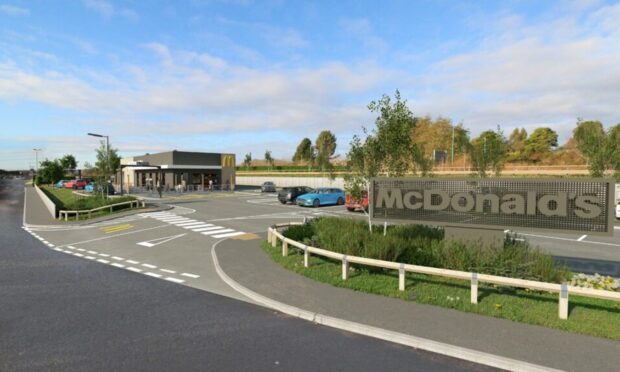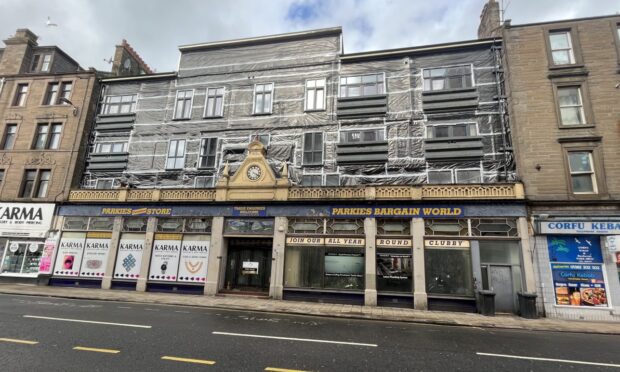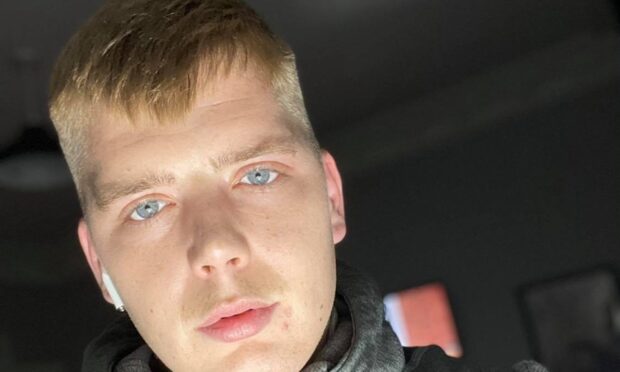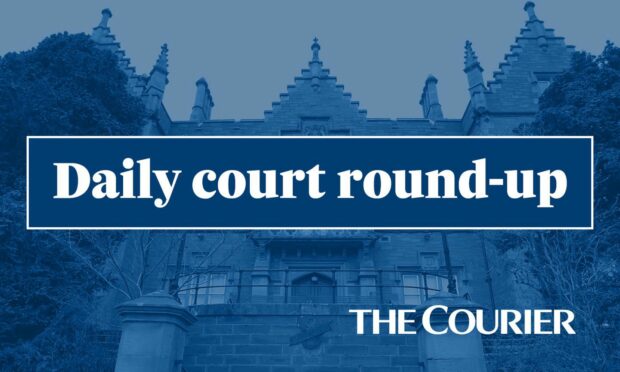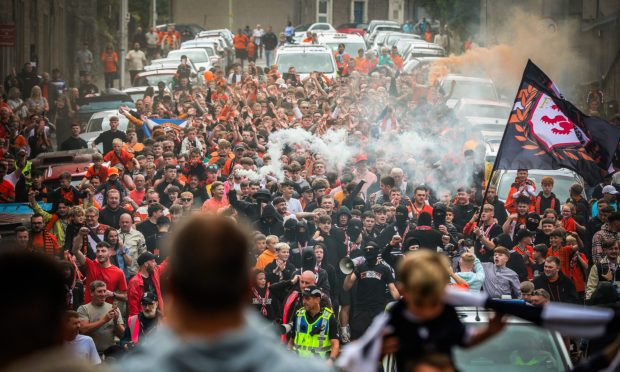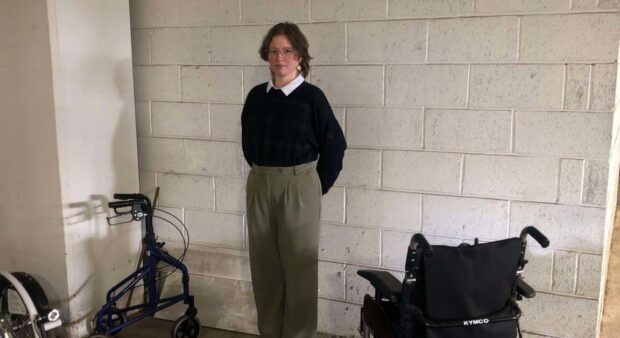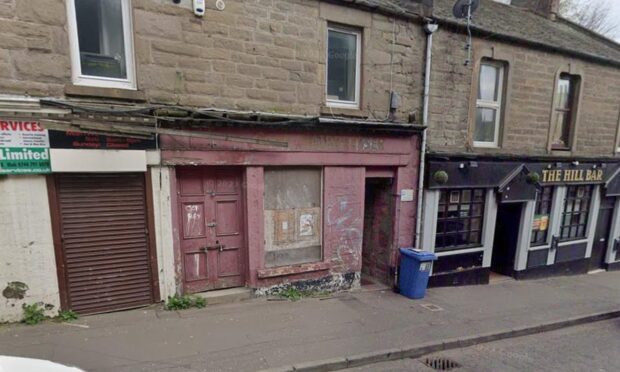Sixty years ago it was estimated the total number of heroin addicts in the UK was just 59.
Last year, 53 people in Dundee alone died because of illicit substances, deaths that usually involve heroin or another opiate taken in conjunction with some other substance that leads to the suppression of the respiratory system and the heart.
The user may suffer cardiac arrest or may, in a state of near unconsciousness, choke on their own vomit.
These are miserable, tragic deaths but are only the most obvious examples of how heroin destroys people.
Every addict is someone’s child. There’s a good chance they may also be someone’s parent, or grandparent.
Their addiction leads, inevitably, to behaviour that wreaks emotional devastation upon their loved ones. It fuels criminality that blights community and businesses and wastes valuable police resources.
Their habits fund organised crime, whether it is gangsters in the UK or the Taliban in Afghanistan.
Anyone looking to chart how a minuscule problem largely restricted to a few dozen people in central London should probably start in 1964, the year The Beatles released A Hard Day’s Night and heroin was actually criminalised in the UK.
Until then heroin, developed, ironically enough, as a less-addictive alternative to morphine, was freely available on prescription in the UK.
The British System, as it was known, allowed certain doctors to prescribe heroin and it was thought the few that were addicted had picked up their habits on mainland Europe.
But there was none of the criminality we associate with heroin today for the simple reason there was an adequate supply to meet demand.
In 1961, the UK had signed up to UN Single Convention on Narcotics drugs which was supposed to mean prohibition yet the British System survived for a few more years yet.
Doctors could still prescribe heroin in the UK if they had a special licence. The biggest source for London addicts was a psychiatrist called Lady Isabella Frankau who was happy to write out prescriptions for anyone who said they needed them.
Then in 1967 the worst thing possible happened: she died.
It meant addicts needed to find their fix elsewhere and it soon emerged another doctor, John Petro, was selling prescriptions to pay off his debts.
The moral outrage that followed his exposure led to tighter restrictions on the number of doctors who could prescribe heroin.
Suddenly addicts had to buy their drugs from the black market. And it you have to pay black market prices, the best way to do that is to find a regular stream of income. The best way to do that is to get people hooked on something they will keep coming back for.
In other words, the only way many addicts could – and can – fund their habits is to get others addicted and be the ones selling them the drug.
It is capitalism in its purest, most dangerous form.
We cannot turn back time. Heroin addiction will never again be restricted to a few bohemians slumming it in Soho.
But we can learn a few lessons about management of the problem. Ideas like public shooting galleries, like prescribing heroin, will not in themselves end the scourge of drugs.
They are, in fact, an admission the war on drugs has been lost. But if they bring addicts into a safer place and treat their addiction medically, then it may just break a cycle that is breaking countless lives in Dundee and across Scotland each year.
Perthshire man rejected by Tories
Sadly, it appears the backing of Broughty Ferry cheeseburger magnate Bob Servant has not been enough to help Perthshire’s own Rory Stewart become Prime Minister.
The Conservative MP and Servant, a made-up man whose career is almost as fantastical as Stewart’s, have been flirting outrageously all week on Satan’s social media platform of choice, Twitter.
Alas, such support was not enough to win Stewart backing of Tory MPs who have rejected any common sense, practicality or even the national interest in favour of Boris Johnson, a man so untrustworthy you wouldn’t buy a cheeseburger from him.
Sad, but true
I’m not saying I was a strange child but there a period – no more than a year or two at most – where I thought Oor Wullie was so great that I wanted nothing more than my own pair of tackety boots and a bucket to sit on.
It was not, it must be said, an obsession shared by many of my friends, Nintendo-worshipping philistines that they were.
Now, of course, Oor Wullie is everywhere and his Big Bucket Trail will hopefully raise tens of thousands of pounds for good causes around the country this summer.
Normally, I’m the annoying sort of person who pretends not to like things when they become popular – a friend of my dad’s lent me Nevermind about a week before Nirvana went supernova in 1991 and I’ve been pretending to be ahead of the cultural curve ever since – but in this case I’m happy to make an exception.
